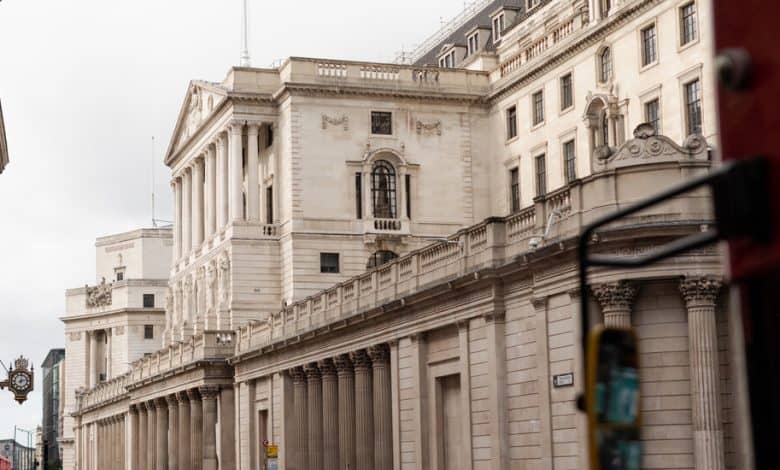Bank of England Holds Rates Steady, Despite Slower Inflation

The Bank of England held interest rates on Thursday at their highest level since 2008 even as inflation in Britain slowed to 2 percent in May, an important milestone.
Policymakers kept rates at 5.25 percent, where they have been for 10 months. The officials said that high rates were working and cooling the labor market, reducing price pressures, but they added that monetary policy would need to stay restrictive until they were sure the risk of inflation overshooting their target had dissipated.
“It’s good news that inflation has returned to our 2 percent target,” Andrew Bailey, the governor of the Bank of England, said in a statement. “We need to be sure that inflation will stay low and that’s why we’ve decided to hold rates.”
As inflation has slowed around the world, central banks have been trying to determine when and to what extent they should lower interest rates. This month, the European Central Bank cut rates for the first time in about five years but warned that it would take a cautious approach to future cuts. The U.S. Federal Reserve also indicated it would reduce rates just once this year, down from an earlier projection of three cuts.
Bank of England officials remain divided on the timing of rate cuts. A majority of policymakers voted to leave rates at their high levels even though data published on Wednesday showed that the annual inflation rate had slowed in May to 2 percent, the central bank’s target. Two members of the nine-person rate setting committee voted again to lower rates by a quarter-point.
But the overriding message from the central bank has been that inflation has to stay at the 2 percent target sustainably. There are still signs of lingering inflation persistence that could keep price growth stubbornly high. For example, inflation in the services sector was 5.7 percent in May, which was notably stronger than the central bank’s forecast of 5.3 percent.